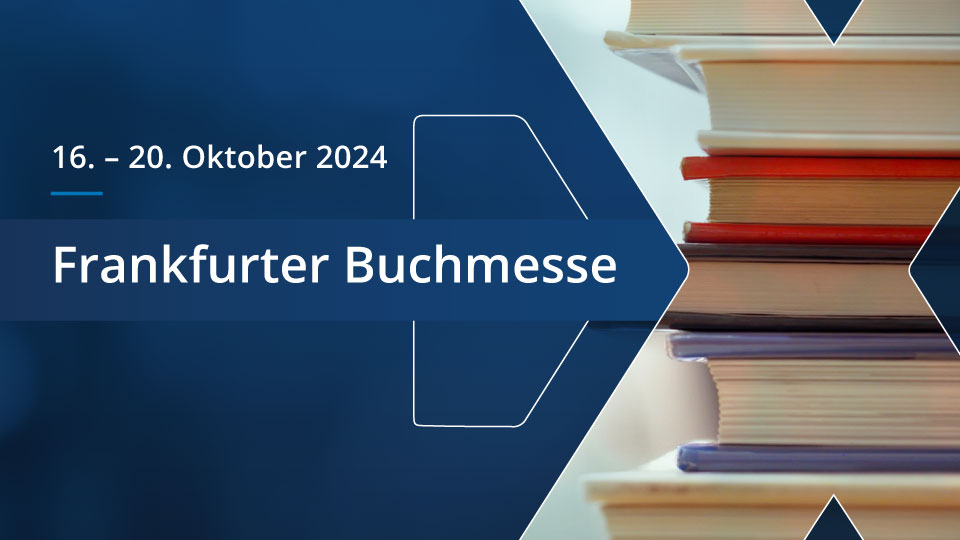As a leading European product provider for electronic administrative work, Fabasoft is making a significant contribution to the digital transformation of public authorities. What opportunities arise from digital progress?
Bastian Drugowitsch: In public administration, after the initial digitalisation, we are currently in the phase of digital transformation - a process of change in which we can, for example, improve processes through digital technologies. Especially in view of the crisis situations of recent years, an efficiently functioning and resilient public administration is essential. Due to the shortage of skilled workers, fewer employees currently have to provide more services. Intelligent automation of work processes is necessary to counteract this development and to exploit potentials. With the use of appropriate technologies, public authorities relieve their employees of repetitive tasks and they have more time to focus on essential content-related work.
Keyword Relieving the Workload of Employees: How does that work? What are the advantages of automation for public administration?
Bastian Drugowitsch: The advantages are obvious if we consider the possibilities of automation with an example: Let's assume that a state administration has about two million incoming mail items per year. Efficient employees need about one minute per incoming mail to process. Even if only half of the incoming mail in the office can be processed automatically, this leaves the manpower of more than nine employees per year for other important activities. The time saved is therefore enormous. The shortened background processing time frees up staff for other central tasks, and the quality of service provided by the public administration to citizens and businesses increases. In addition, modern technologies give offices the chance to position themselves as attractive employers. A digitally transformed public administration puts the often still prevailing "dusty" image into perspective and shows that public authorities offer numerous professionally demanding jobs.
Which processes are particularly suitable for automation?
Bastian Drugowitsch: At Fabasoft, we have set ourselves the goal of creating significant benefits for public administration quickly and easily through automation. Predestined activities are therefore all those related to data capture and data processing. This means transferring data correctly into the system and subsequently classifying it accordingly and assigning it to an addressee.
The situation is different, for example, when evaluating information in comparison with legal contexts or common practices. In these cases, the expertise of the employees is still necessary. Automation is therefore particularly suitable for repetitive and time-consuming activities.
What are the first steps towards automated administrative work in a public authority? What are the prerequisites for this?
Bastian Drugowitsch: A public authority that already has an electronic file system in operation based on the Fabasoft eGov-Suite can in principle implement automation with "Fabasoft Done!" from one day to the next. All it has to do is create the infrastructure and select what kind of classification types - i.e. which categories to use to assign incoming documents - it wants to use. Since the running system already contains a huge treasure trove of data, there is no need for an extensive preliminary project in which an authority often examines and provides numerous representative examples of such documents. The technology learns independently and quickly from the existing data in the system and requires little guidance. Fabasoft's model offers a very low-threshold approach that can be implemented with little personnel and time effort.
How do public authorities use "Fabasoft Done!"?
Bastian Drugowitsch: Until now, employees had to manually read, sift and classify data. "Fabasoft Done!" supports the employees by providing a suggestion for a certain classification or categorisation and by taking over metadata independently. The employees save time because they only check these pre-selected processing options and do not enter them themselves. If the classification does not fit, for example because new types of applications are received, it is possible to edit this information manually. This feedback enters the system automatically in the background. It is therefore a self-learning technology that constantly improves and updates its model. From a very high recognition rate, the authority can also go one step further and completely omit the verification of automatic entries by employees. This way, the correctly classified data ends up directly with the person who ultimately processes the application.
So employees will hardly be necessary for data processing in the future - will automation soon replace jobs?
Bastian Drugowitsch: That someone has to fear for their job with increasing digitalisation is actually a statement that has been floating around for a while. In reality, however, this has changed in recent years. There is no way around using the potential of the digital transformation. We need automation to maintain the prosperity of our society. It is not only in public administration that there are fewer staff for more and more demands due to demographic change. Added to this are developments such as alternative working time models, part-time work and similar trends in the labour market. These factors lead to the logical conclusion that automation is necessary. Fabasoft will therefore provide even more use cases in the future that quickly and visibly create a clear benefit for the public administration according to the same procedural model - but also for citizens and companies as customers of the authorities. If the public administration has to put fewer resources into data processing, more time and money will be left for the essential requirements that a modern authority has to deal with.
You can find more information about Fabasoft automation here: https://www.fabasoft.com/en/products/on-egov/automations




